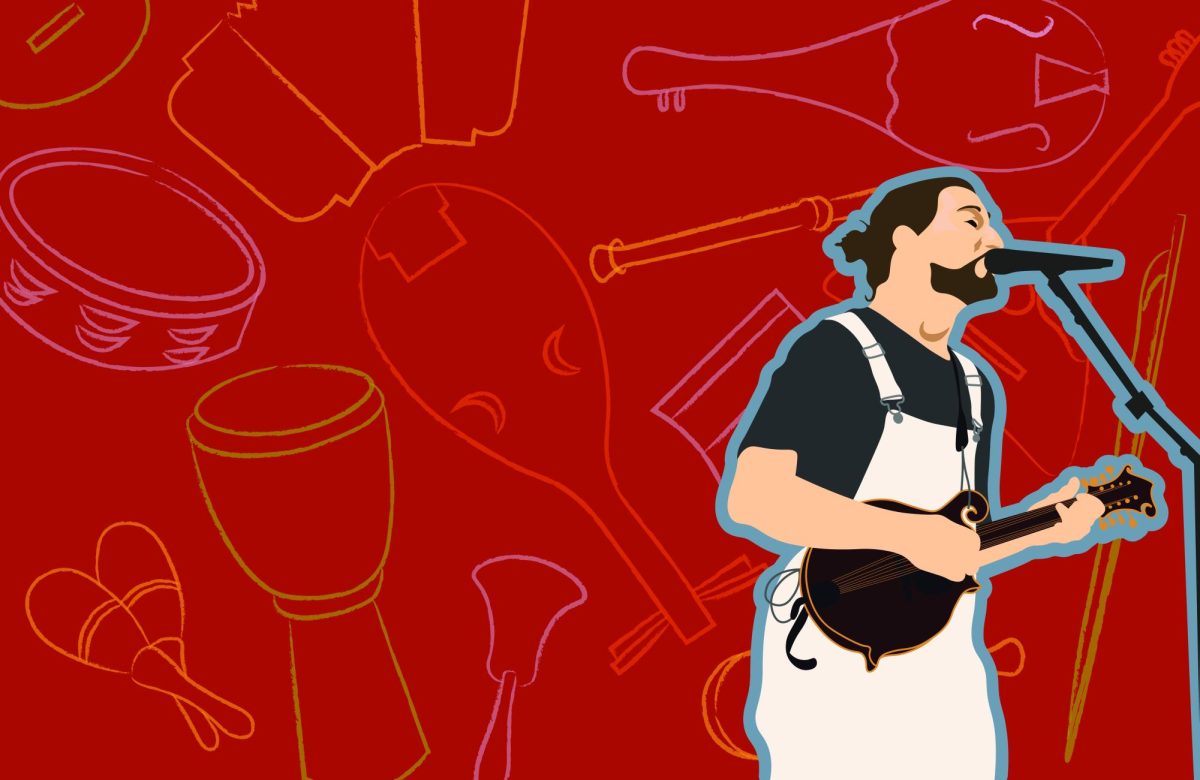I remember when I told my mom that I wanted to start seeing a therapist. I was 20 years old, and it marked a new beginning. I was a little bit less afraid to ask for help.
For too long, I thought seeking help for my mental health wasn’t an option. I thought I was meant to get through it alone, and that failure to do so made me weak. Eventually, asking for help became the only option. If it weren’t for my own stubbornness, I could have gotten the help I needed a lot sooner.
When asked why they hadn’t spoken about their mental health, 29% of men said they were “too embarrassed,” and 20% said that there was a “negative stigma” around the issue.
This idea feels all too familiar. I felt it when I held back tears after striking out at a baseball game, and when I scraped my knee on the playground in second grade. It was a force that hung over my head, informing every action, and steering me away from being perceived as anything other than strong.
This stigma, the idea that men must behave in a certain way to adhere to societal norms, is littered throughout our history. We are taught at a young age to acquire traits such as resilience and toughness, yet we aren’t taught how to be vulnerable. This archetype of what a man should be creates a damaging adversary for anyone that decides to veer off that path.
For me, the color of my skin made the issue much more complex.
The toughness and perseverance of the ‘Strong Black Man’ shaped my worldview. As Torraine Walker wrote for Abernathy, “To be a Black man in American society is to be forced to deal with psychological stress every day. Institutionalized racism, economic instability, and the constant threat of physical danger can do a number on a man’s mental state. When we feel the weight of that bearing down on us, our pride often keeps us from speaking to anyone.”
Stoicism became my pillar of fortitude as I scrambled to validate my feelings of isolation. I went on with life pretending nothing could hurt me. It was a performance that was destined to crumble.
Virtually every Black man in history has had to overcome the insurmountable odds against them to succeed. This made inner turmoil feel like part of the process, so I staked my life’s purpose in overcoming every obstacle that life threw me and doing it all on my own.
But attempting to muscle through every struggle that came my way with a smile on my face became tiring and unrealistic.
So, I went ten rounds with the intrinsic belief implanted into every man in this country: Never show weakness.
I got lucky. As my mom and I were driving home from a Thanksgiving dinner, I found an opportunity to open up to her. In the weeks prior, I had been grappling with the reality that my mental health was not something that I could fix alone.
I had read dozens of self-help books, hoping that one of them would heal the wounds that I couldn’t. It just wasn’t enough.
So, I decided that I couldn’t put off my own well-being any longer.
Having struggled with her mental health in the past, my mom was very receptive when I opened up to her. She helped me find a therapist that would help meet my needs.
We spent the next 8 months picking at all of my wounds, hoping to make them a little less stubborn to heal. And little by little, the weight of every shortcoming that I had been carrying around with me started to feel a little more manageable. And not too long after that, it started to get lighter.
And now, I’m at a place where I know so much more about myself, and the things that I need. Therapy has helped me become much better at regulating my emotions when I feel overcome by them, and it has pushed me to be kinder to myself even when it is most difficult.
It hasn’t solved all of my problems, but it is teaching me how to better manage them. Therapy did not fix me, but I know now that I was never broken.
But I almost didn’t take that first step.
Countless other men never do.
Mental Health America reports that more than 6 million men experience symptoms of depression each year, and most of them go undiagnosed. It is not surprising that men hesitate to seek help for their mental health. We just haven’t been given the framework to talk about these issues, and the culture encourages us to keep everything bottled up.
When we can’t have effective conversations about our mental health, we cannot create a path for healing. There’s only one way forward: We must be honest.
My journey is far from over, and yours will look much different. But I know that my life is much better having reached out and admitted that I was struggling.
You have a choice.
You can carry on living according to the expectations that you’ve been given, or you can decide to let go. It won’t happen all at once. You’ll have to continue to dig deep to unearth the beliefs that bound you to silence, and you won’t have to do it alone.
We cannot continue to push our emotions under the rug and wish away any parts of ourselves. These injuries are harder to see, but they are no less real than a broken hand or a sprained ankle.
We cannot call attention to the stigma surrounding men’s mental health unless we face it head-on. When we are honest about the things that we’re going through, we not only allow ourselves forgiveness and understanding, but we also pave the way for others to come forward.
This doesn’t start or end with one person.
This is happening to all of us. Let’s talk about it.
Janson McNair is an opinion writer. Contact him at [email protected].









